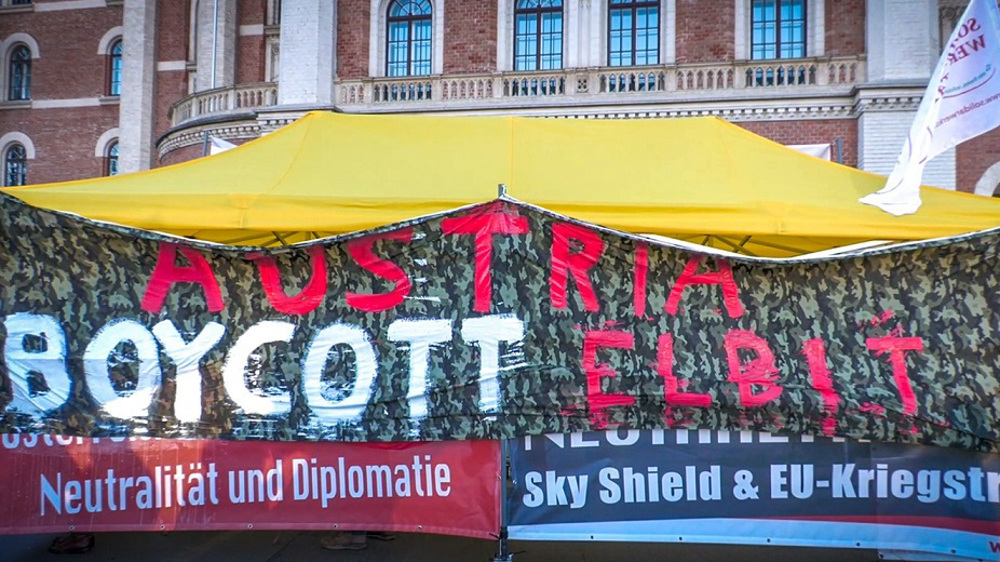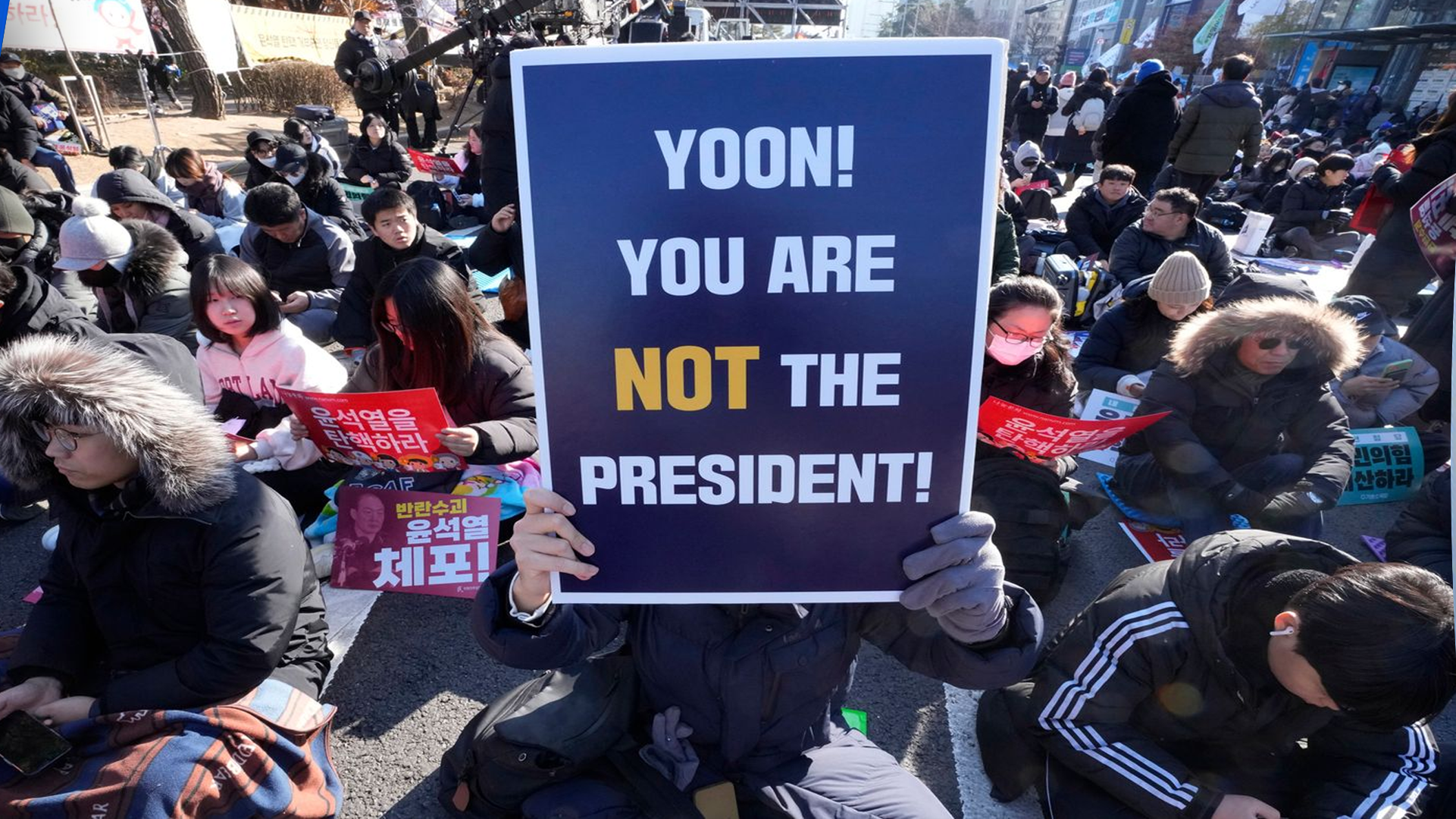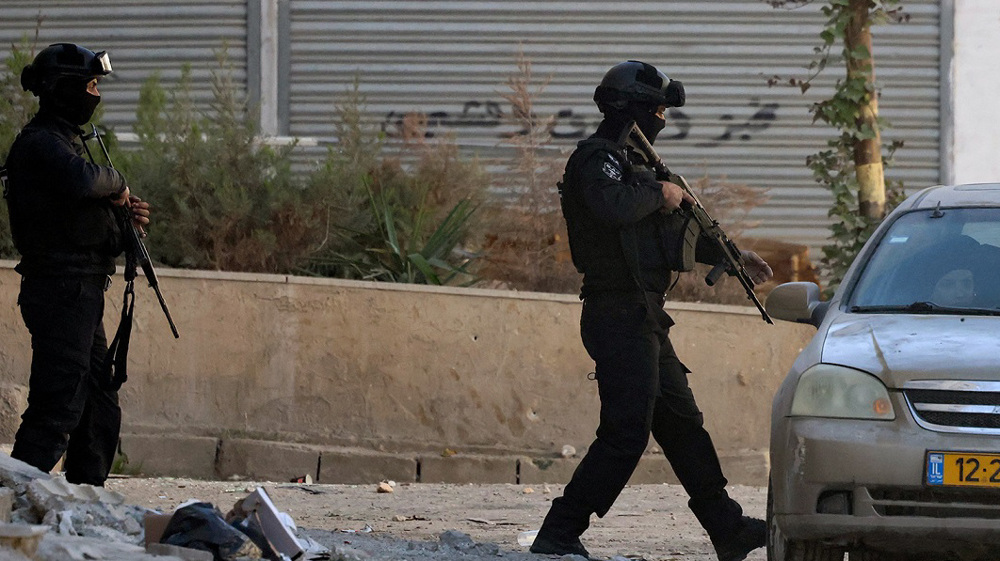Germany fears soaring energy prices could trigger deeper crisis
Max Civili
Press TV, Berlin
Life is not yet hectic in central Berlin on an end-of-summer Monday. As Berliners gradually return to work, for many it is difficult not to turn onto the energy issues afflicting the country. The recent announcement by Russia to halt gas deliveries to Germany via the key pipeline Nord Stream 1 for an indefinite period has sparked fears of power shortages next winter and fueled inflation.
Germany has been trying to reduce its natural gas usage by 20 percent to avoid an energy shortage this winter. Some large cities in the country are limiting heating and turning off gaslights to save on natural gas.
Germany has decided to replace all Russian energy imports, most notably natural gas, by as soon as the end of 2024. Moscow accounted for 55 percent of Berlin's gas imports in 2021, a level that declined to 26 percent by the end of June. German chancellor Olaf Scholtz has so far met this gas challenge through a combination of measures, including diversified sources of LNG imports and subsidies.
Meanwhile German inflation hit almost eight percent in August, and earlier this month the Olaf Scholtz government unveiled a new multi-billion-euro relief package to help households cope with skyrocketing energy prices.
On Monday the Ifo institute for economic research predicted the German economy will fall into recession next year. Ifo also warned that the first quarter of 2023 will be particularly rough for consumers with inflation soaring to around 11 percent.
VIDEO | Austrians arrested at Gaza protest in Vienna
10 killed in bus crash in western Iran
5 Israeli forces killed as Palestinian fighters face up to regime’s war machine
VIDEO | An insider's view of the country: Persian Tahini, Royan in Mazandaran
VIDEO | Israeli settler killed during strike against Tel Aviv; fresh aggression targets Yemen’s capital
VIDEO | Yemen’s missile strikes on Tel Aviv
Iran to open 6 GW of new power capacity by next summer
VIDEO | South Korean rallies set the stage for battle over Yoon's impeachment









 This makes it easy to access the Press TV website
This makes it easy to access the Press TV website